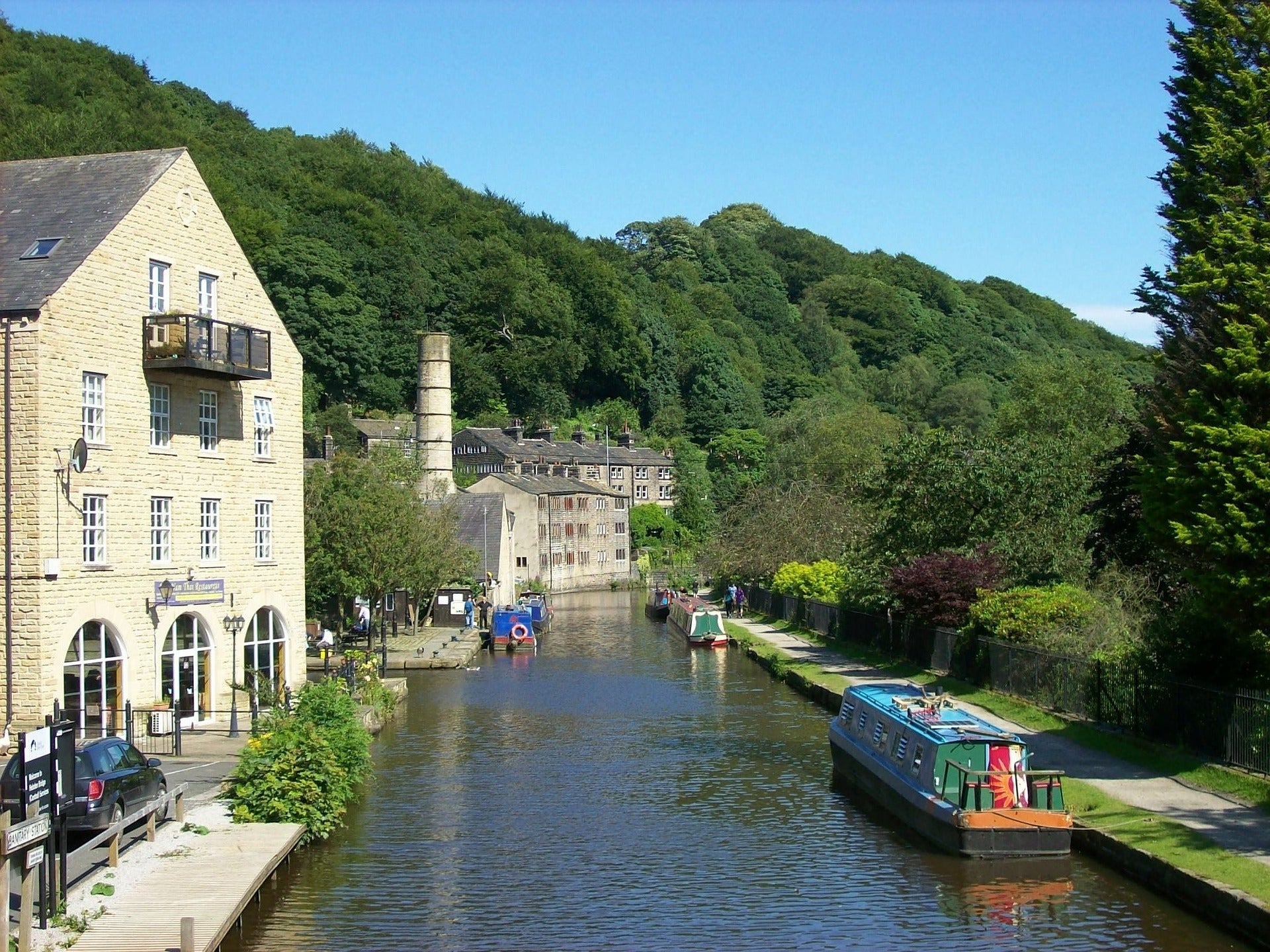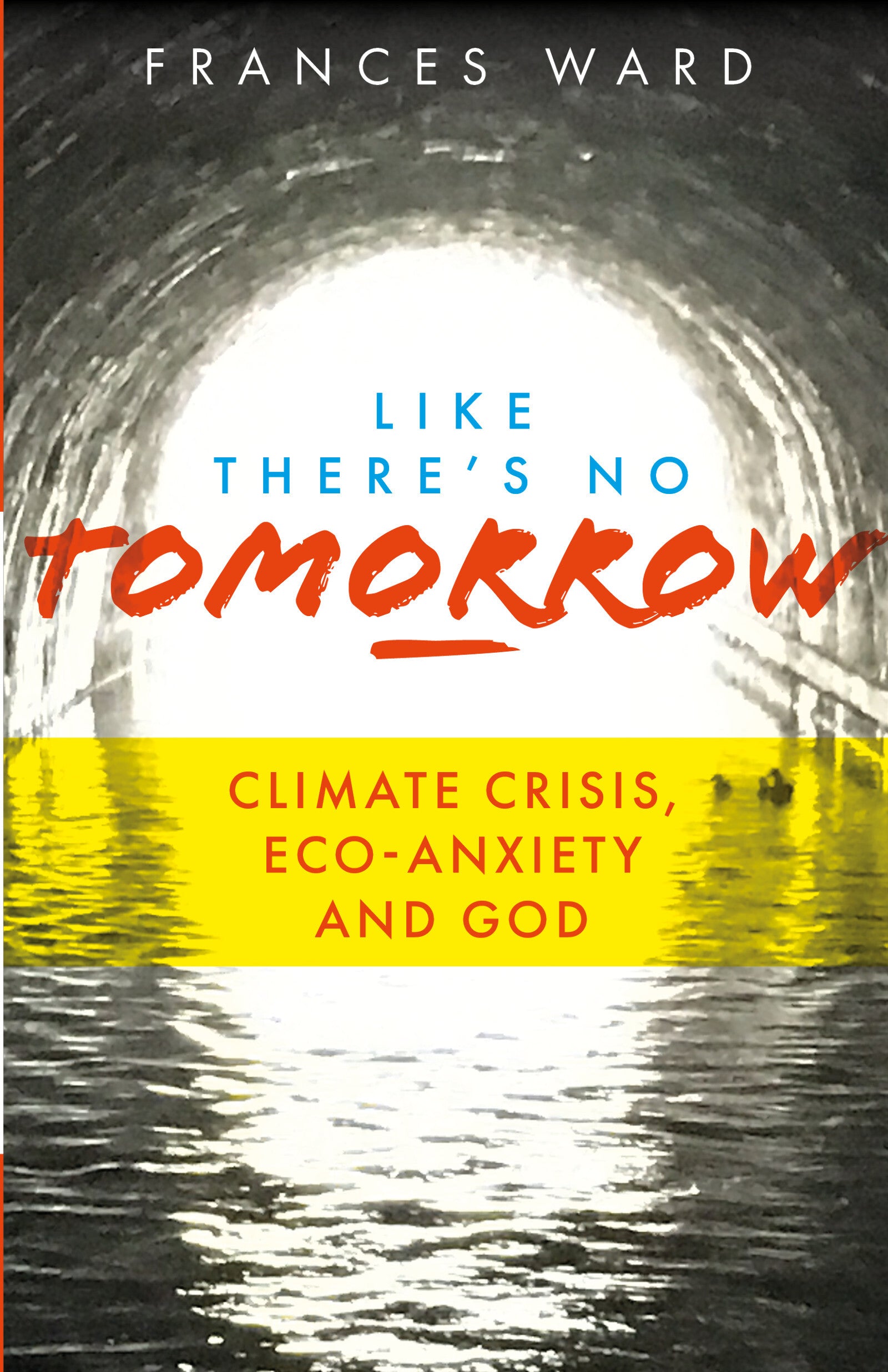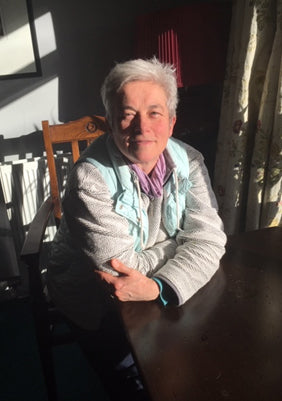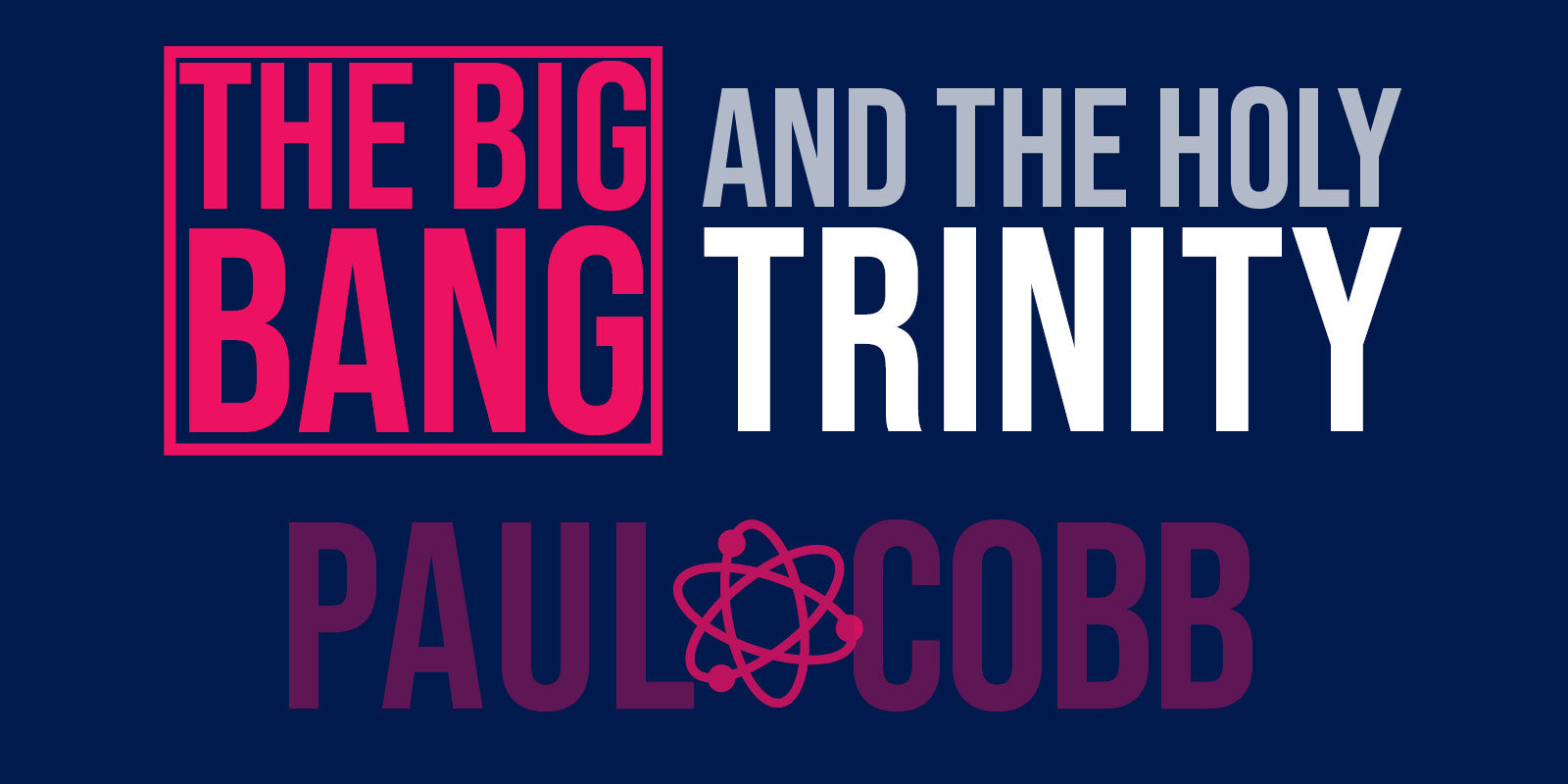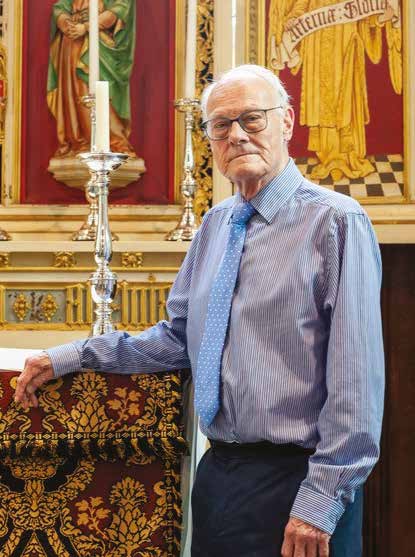 GUEST BLOG: Frances Ward had found it increasingly difficult to come to terms with eco-anxiety. In this interview, she explains how writing Like There’s No Tomorrow helped her to find new hope for the future.
GUEST BLOG: Frances Ward had found it increasingly difficult to come to terms with eco-anxiety. In this interview, she explains how writing Like There’s No Tomorrow helped her to find new hope for the future.
I guess for a while now I have been increasingly overwhelmed by anxiety about the future given climate change. It began before Greta Thunberg and it was such that I was really getting stressed. I was in a full-time really busy job and it was just becoming overwhelming. I needed time out to think through what is really important in life.
My husband Peter and I were in transition. After a career as a paediatrician, he was off to Mirfield to train for ministry, so I took time out to take a narrow boat from March near Peterborough to Skipton—all the way up through England. For the first two weeks I had a friend, Viv, with me, and then Jenny, the widow of my Australian uncle who died four years ago, and Peter did the last leg along the Leeds-Liverpool canal.
As we went, I wrote a blog and then turned it into the book. I guess it’s the story of going slow on life. This was a fundamental change of pace, and a re-evaluating what my life is about.
The book engages with all sorts of literature around the loss of biodiversity—so as I read other naturalists, I noted when the swifts arrived in May; the wild flowers that I could see. The canals are real wildlife corridors. We went through the Fens and I was shocked by the sterility of the soil, and the risk of flooding. These are waterways that are below sea level—so the water flows uphill, basically.
I was an amateur naturalist and an amateur natural historian as I reflected on how the canals themselves were the product of the industrial revolution, and how they have changed their function—because of course they were completely derelict in the 1970s and they’ve been revived now for leisure purposes where people do increasingly use them to go slow, to live a different life. As we went through East Anglia, Northamptonshire, up past Rugby, Stoke—we travelled north and the country changed too. The canals were less well kept. Up through Wigan, through the 21 locks and then the Leeds-Liverpool through Burnley and Blackburn—the culture and country around was really very different to the south. The book is also the story of a changing England during Brexit times.
It’s a theo-poetic approach I’ve taken, using lots of poetry, lots of literature: a book about how to face into end times —you know, if that’s right, as Extinction Rebellion is saying—what does that mean to be a Christian? Where is God in that? I use the psalms all the way through—the penitential psalms particularly—asking “What does God want of us in today’s world? And how can we live well if we’re facing into extinction?”
It’s not a bleak book, because it’s ultimately hopeful. The original subtitle was “Lamenting the Future with a Fierce Hope”—and that’s really what the book is about. It’s about lamenting what we’re losing in terms of biodiversity, in terms of the future. If you look at young people today, like Greta Thunberg—people feel pretty bleak. Just this morning children were saying that their stress levels are rising. What’s the best way of bringing children up—I engage with that—so we don’t just say “Well, it’s all over to you: you’re the next generation”? That’s so irresponsible. Mental health issues are soaring amongst kids. I’ve got offspring in their twenties and thirties now and there’s lots of young people deciding not to have children.
Where’s the Church in all this? It’s great that the General Synod has just passed the 2030 target to be carbon neutral, but it’s the tip of the iceberg really. We face into such a major change of lifestyle—all of us. And we’ve got to start somewhere. So I hope this book is a piece of prophecy—the Church just needs to be engaging with what is real here. Questions of church decline—I don’t think that matters really—what really matters is where is God? God who is a creator, who’s given us this beautiful world, and what have we done with it? And it is also about what can we do to remain faithful to the future and Jesus Christ. We need a contemplative spirit, to recover a sense of God’s presence in the world around us.
I think we’re beginning to wake up, and Greta Thunberg is largely responsible for that, for putting it on our agenda. As the Church we need to be saying “This is where it’s at.” How do we calm the anxiety? We calm it by getting out into nature; the whole Green Health initiative is really, really important, because when we engage and celebrate as well as lamenting the lack of songbirds—it really is horrific, the lack of birds: swifts have fallen off 53% in the last 20 years—we join together and realise we’re not alone.
Another thing the Church can do is planting trees, putting an orchard in around our churches. The small things that are God-given, and about responding to God. Recognising the anxiety within us and finding ways of praying and coping with it, talking about it… I think it’s difficult. I really do. But you’ve got to do what you can.
And you’ve got to keep believing, hopefully. Hope is different to optimism. I don’t feel very optimistic as I look to the future, but you’ve got to feel hopeful. Being hopeful is believing in a God who always brings the good out of whatever situation we’re in. It’s always worth doing the good action, the engagement. Because if you do the good action, God will multiply it. That action needs to be grounded in contemplation, in a sense of God’s mystical presence in the created world around.
What areas of scripture do I turn to that particularly address eco-anxiety? Well, the psalms; I’ve used the penitential psalms. The book starts with psalm 6: it’s for you if you suffer from insomnia. I engage with the psalms all the way through—particularly those psalms that take us into the depths of despair—where is God in this? I talk about how godforsaken I can feel, but yet others have been there before and it’s worth looking right into that and not pretending. God is the creator and gives us everything we need. There are the resources even though it’s late in the day and we’re passing tipping points. We’ve got to keep hoping.
I want people to engage profoundly with where God is and to deepen their own resources. I want to be able to help children look into the future and draw on faith in God to help. To be hopeful. I also want people to have a love of nature which I think we’ve largely lost. We now look at our screens and engage with nature on TV rather than getting out there with the patience to watch a molehill, or whatever. We need to deepen our faith, and hopefully the book will help.
I also want people just to enjoy it: I hope it’s a good read they can’t put down!
Frances Ward is a freelance theologian, researcher and writer, preacher, speaker and teacher. She is half-time Priest in Charge of St Michael's and St John's Churches in Workington, Cumbria. From 2010–2017 she was the Dean of St Edmundsbury in Suffolk, a member of the General Synod and a Trustee of the Church of England National Society. From 2006–2010 she was a Residentiary Canon at Bradford Cathedral, engaged in inter-faith work with Muslim women.
In her new book, Like There’s No Tomorrow, Ward shows how Christians can live and act with hope and faith in God in the face of eco-anxiety. Get your copy today.
